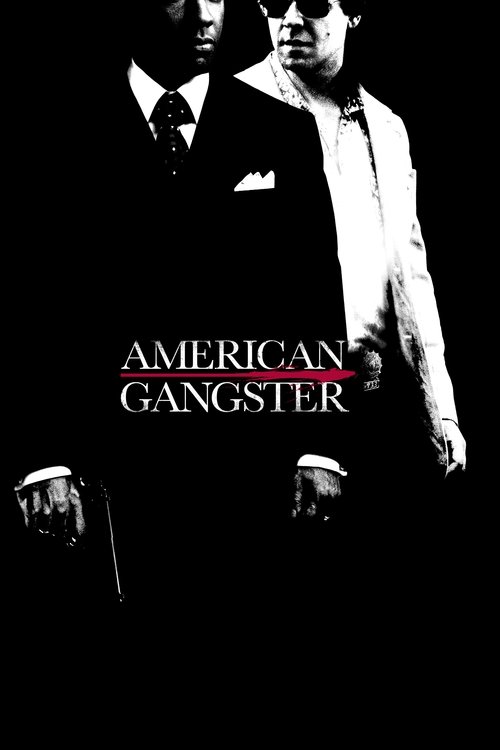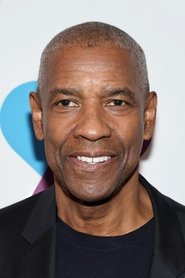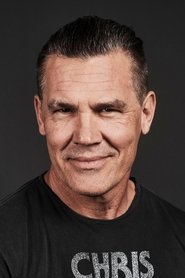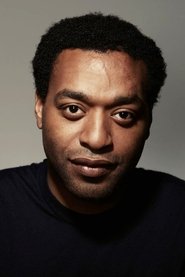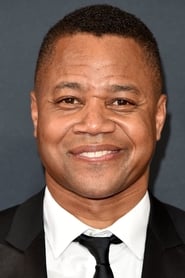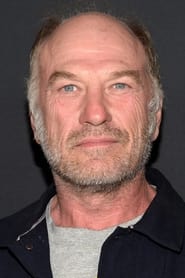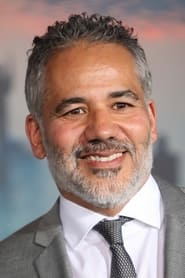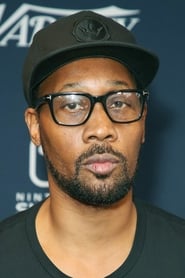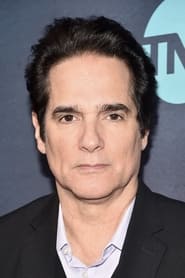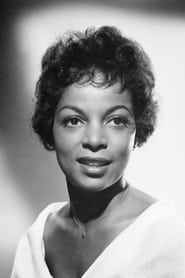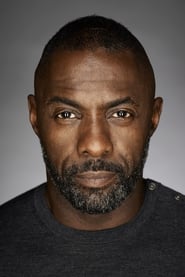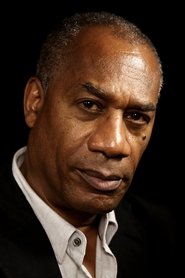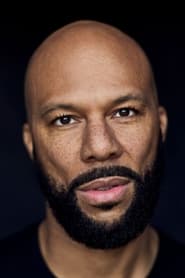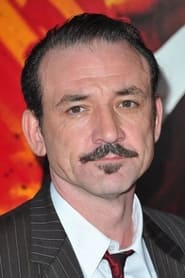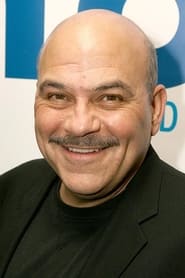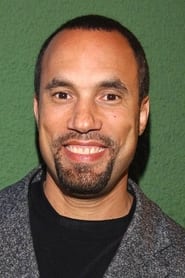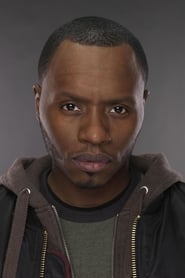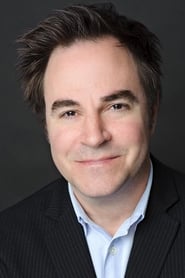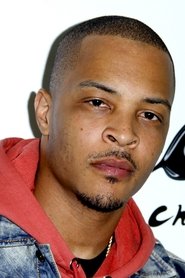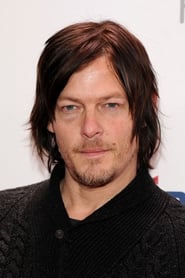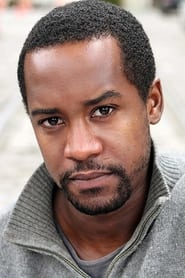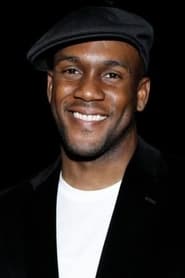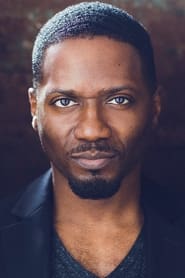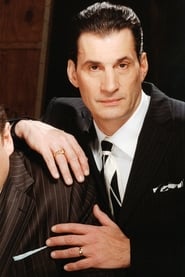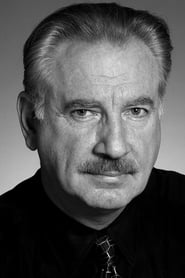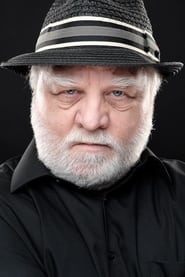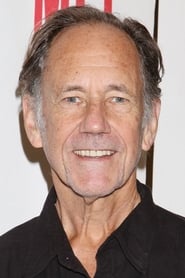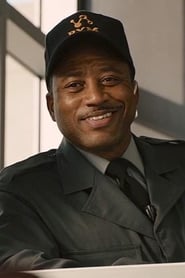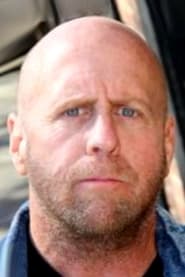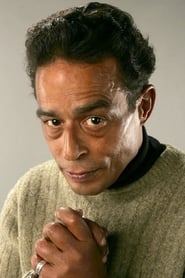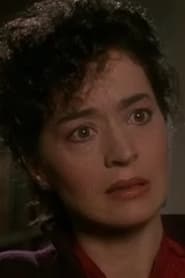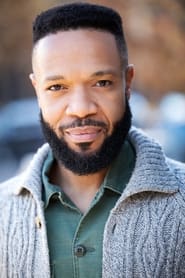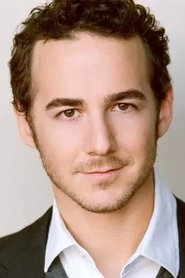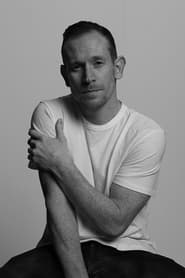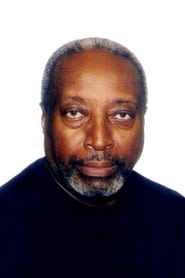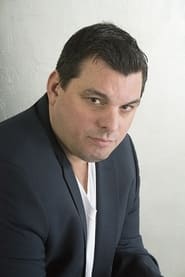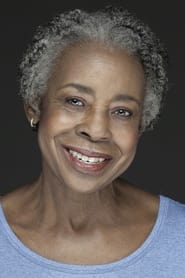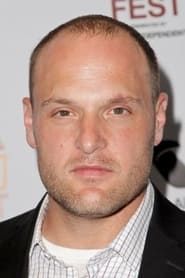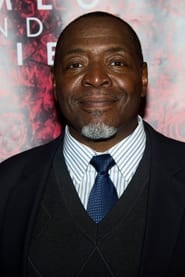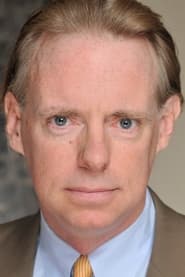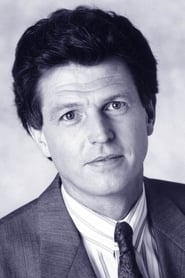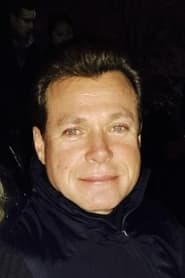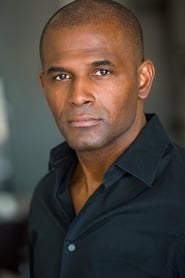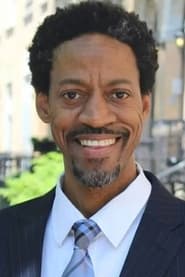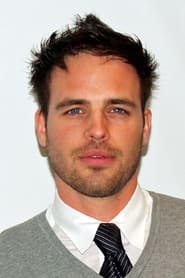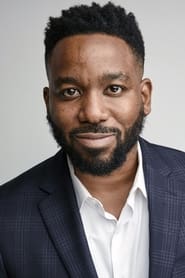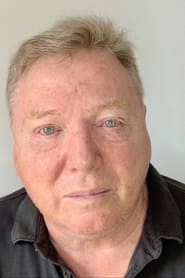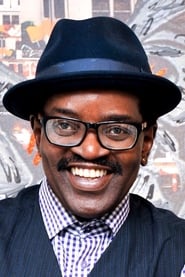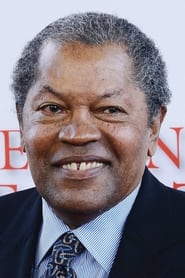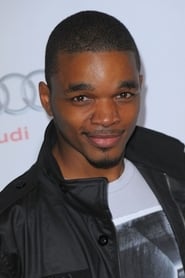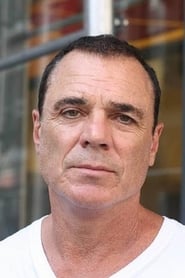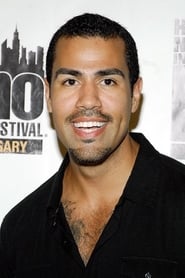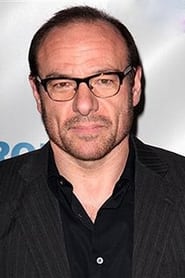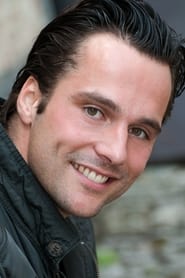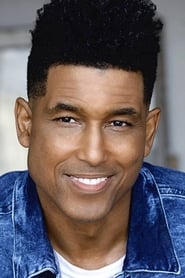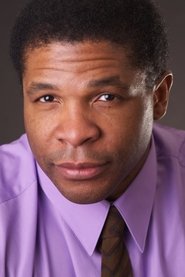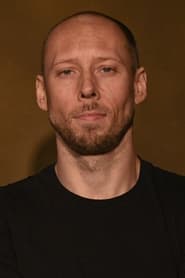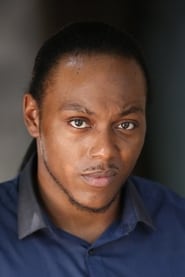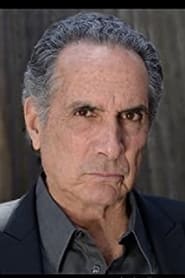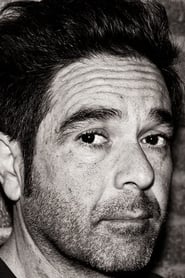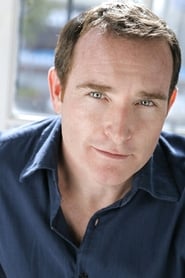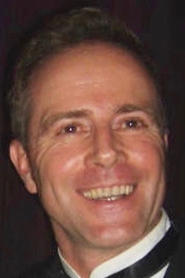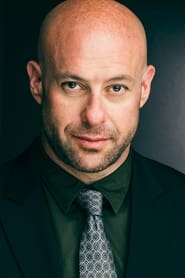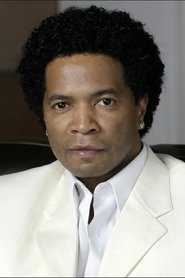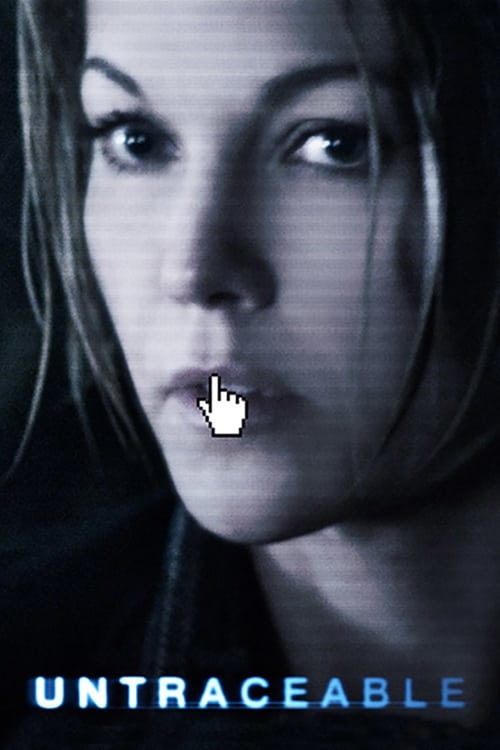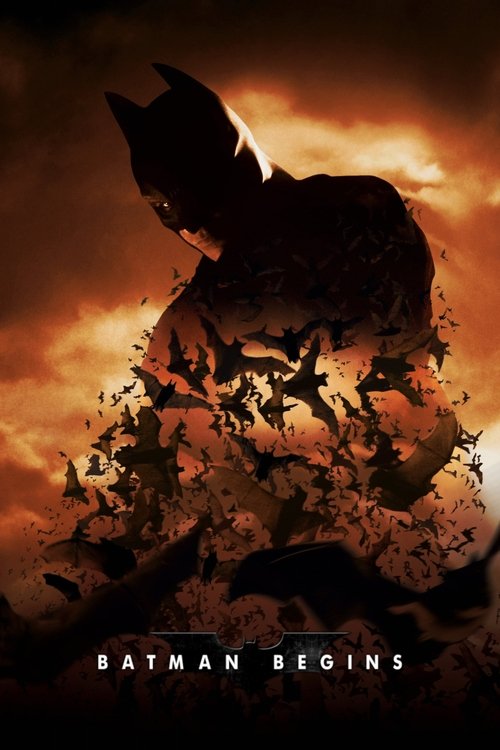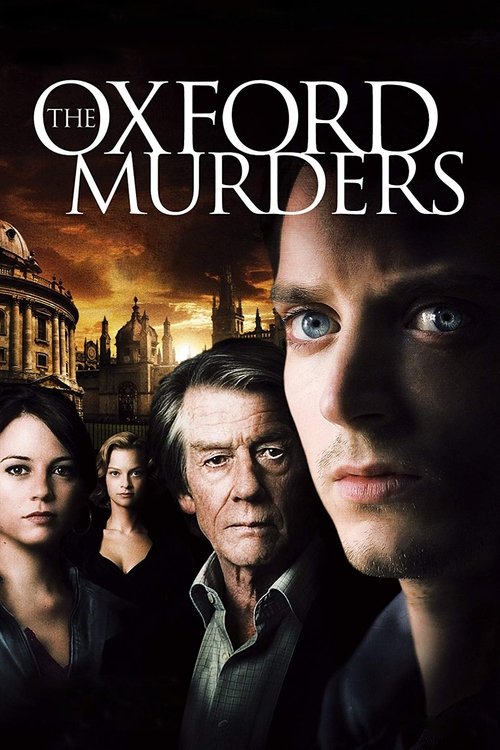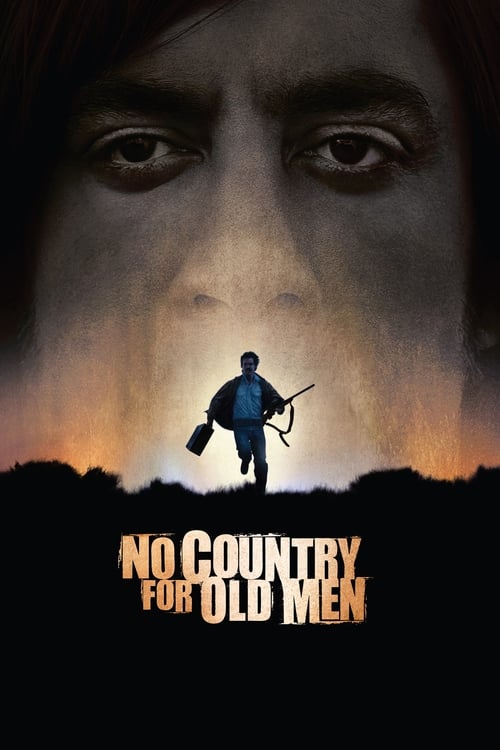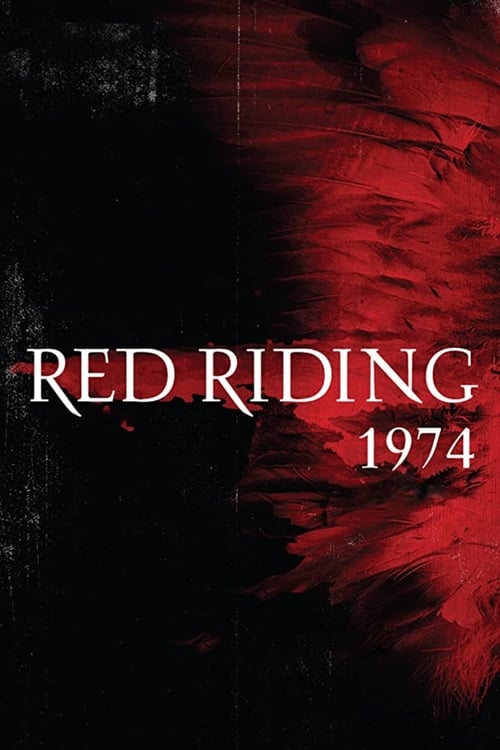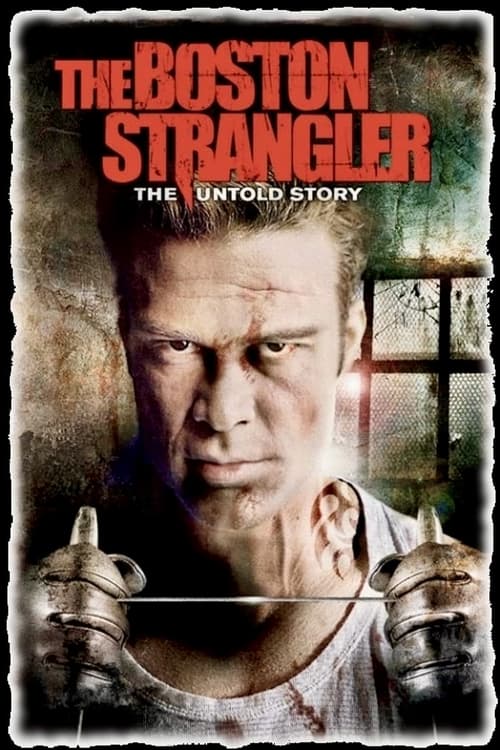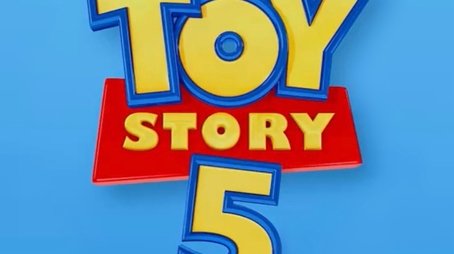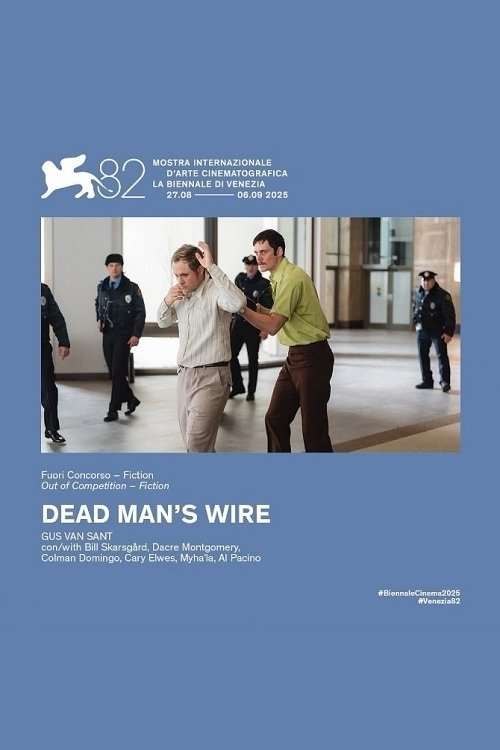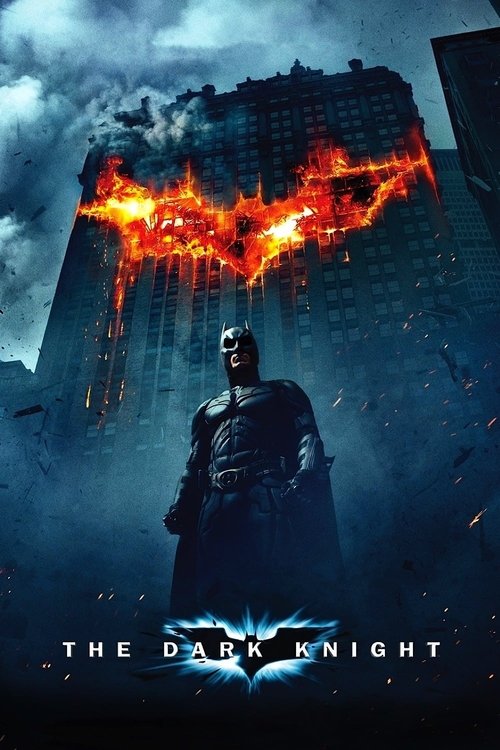
Ask Your Own Question
What is the plot?
In the sweltering summer of 1968 Harlem, the death of Ellsworth "Bumpy" Johnson, the revered local crime boss, sends ripples through the city's underworld. Bumpy collapses suddenly, clutching his chest in an electronics store, succumbing to a fatal heart attack. His passing leaves a power vacuum that draws in a wave of flashy, undisciplined gangsters eager to claim his throne. At Bumpy's funeral, Frank Lucas, his longtime driver and trusted protégé, stands apart--quiet, watchful, and unimpressed by the ostentatious rivals jockeying for control. Frank's loyalty to Bumpy and his vision for Harlem's future fuel a cold determination: he will build his own empire, but on his own terms, with discipline, secrecy, and an unwavering focus on quality.
Frank's first decisive move is to sever the traditional Mafia-controlled heroin supply chain. He travels to Southeast Asia, deep in the throes of the Vietnam War, to establish a direct connection to the source. This journey is not just logistical but symbolic--a ruthless assertion of independence and control. Frank's ingenuity becomes clear as he devises a method to smuggle heroin into the United States hidden inside the coffins of dead American servicemen, exploiting the nation's grief and the military's trust. This macabre tactic ensures his product, branded as "Blue Magic," is pure and arrives undiluted, setting him apart in the brutal drug trade.
Meanwhile, across state lines in Newark, New Jersey, Richie Roberts emerges as a stark contrast to the corruption that pervades the police force. An honest detective battling his own personal demons--a messy divorce and custody battle--Richie refuses to bend to the pervasive graft. Early in the film, he and his partner stumble upon $1 million in unmarked bills stashed in a car. While his partner urges them to keep the money and join the corrupt ranks, Richie turns it in, cementing his reputation as incorruptible but earning the scorn of his colleagues. His integrity isolates him, but it also sets him on a collision course with Frank Lucas, the very embodiment of the criminal empire Richie is determined to dismantle.
Back in Harlem, Frank's rise is swift and methodical. His brother Huey Lucas becomes a trusted lieutenant, managing operations with the same ruthless efficiency. Frank's empire grows, but not without conflict. He faces off against rival gangsters like Nicky Barnes and Tango, who embody the flashy, reckless style Frank despises. In tense confrontations, Frank outmaneuvers these rivals, asserting dominance through a combination of strategic violence and business acumen. His disdain for dilution of his product leads to violent retribution against those who sell inferior heroin under his brand, reinforcing his reputation for ruthlessness.
The tension escalates as Frank's operations attract the attention of corrupt NYPD detective Trupo, who repeatedly extorts money from Frank. Their encounters are fraught with menace and mutual contempt. Frank's patience wears thin, and he eventually turns the tables, exposing Trupo's corruption. Cornered and facing arrest, Trupo chooses suicide, shooting himself to avoid the disgrace and consequences of his crimes.
Richie Roberts's investigation intensifies as his team coerces Jimmy Zee, Frank's cousin, into becoming an informant after he shoots his girlfriend in a fit of rage. Wearing a wire, Jimmy provides critical intelligence revealing Frank's plan for one final heroin shipment after the fall of Saigon. The police trace the shipment to a military plane carrying the drugs hidden in coffins, a discovery that shocks the department and galvanizes the investigation.
The climax unfolds with a massive police raid on Frank's heroin processing facility in the Newark projects. The operation is violent and chaotic, a stark contrast to the controlled precision of Frank's empire. During the raid, Frank's nephew Steve Lucas, who abandoned a promising baseball career with the New York Yankees to work for his uncle, is tragically shot and killed. Huey Lucas and other family members are arrested, shattering the family's grip on the empire. Frank himself is apprehended after attending a church service, where his public persona as a respectable family man sharply contrasts with his criminal reality.
Facing a life sentence, Frank is confronted by Richie Roberts, who lays bare the overwhelming evidence against him. In a pivotal moment, Richie offers Frank a chance at leniency in exchange for cooperation to expose the widespread corruption within the NYPD and DEA. Recognizing his precarious position, Frank agrees, providing names and evidence that lead to the arrest and conviction of three-quarters of the New York Drug Enforcement Agency and numerous police officers. The fallout is devastating for the corrupt network, culminating in Detective Trupo's suicide.
The legal proceedings reveal the complexity of Frank's character. Despite his criminality, he views himself as a businessman with integrity, angered by the dilution of his product and obsessed with his brand's reputation. Richie, now a lawyer after passing the bar exam, becomes Frank's defense attorney, further reducing his sentence. Frank is sentenced to 70 years but serves only 15, benefiting from his cooperation and Richie's legal advocacy.
The film's final scenes flash forward to 1991. Frank steps out of prison, older and out of place in a Harlem transformed by time and change. The empire he built has crumbled, his family scattered, and the streets no longer belong to him. The bittersweet ending captures a man who has regained his freedom but lost everything that once defined him. The camera lingers on Frank's face--resigned, reflective, and distant--before the screen fades to black, concluding a saga of ambition, power, and downfall.
Throughout the film, every death underscores the brutal cost of Frank's rise: Bumpy Johnson's natural death triggers the chaos; Jimmy Zee's betrayal leads to his off-screen execution; Steve Lucas's death in the raid marks the tragic cost to family; Detective Trupo's suicide epitomizes the collapse of corruption. Each confrontation and revelation builds inexorably toward the final reckoning, weaving a complex portrait of a man who sought to rule a kingdom built on blood and secrecy, only to be undone by the very forces he manipulated.
What is the ending?
In the ending of "American Gangster," Frank Lucas is arrested and ultimately cooperates with law enforcement, leading to the downfall of his drug empire. He testifies against corrupt police officers and other criminals. In the final scenes, he is seen living a quieter life, having made a deal with the authorities.
As the film approaches its conclusion, the tension escalates. Frank Lucas, portrayed by Denzel Washington, is on the run after a series of police raids and increasing pressure from law enforcement. The narrative shifts to Richie Roberts, played by Russell Crowe, who has been diligently working to dismantle Lucas's drug operation.
Scene by scene, the climax unfolds. Frank is in a luxurious apartment, surrounded by the trappings of his success, but the weight of his criminal activities is beginning to bear down on him. He receives a tip-off about impending raids, and the atmosphere is thick with paranoia. The camera captures his internal conflict; he is a man who has risen to the top but is now facing the consequences of his choices.
In a pivotal moment, Frank is arrested in a dramatic raid. The scene is tense, with law enforcement storming his residence, and the chaos of the moment is palpable. Frank's expression shifts from defiance to resignation as he realizes the extent of his predicament. He is taken into custody, and the once-mighty drug lord is now vulnerable.
As the story progresses, Frank is approached by law enforcement with an offer: if he cooperates and provides information about corrupt police officers and his drug network, he may receive a lighter sentence. The internal struggle is evident as he weighs his options. Ultimately, Frank decides to cooperate, recognizing that his empire is crumbling and that survival may depend on aligning with the very system he once sought to evade.
In the courtroom scenes that follow, Frank testifies against several corrupt officers, including those who were on his payroll. The tension in the courtroom is thick, and the stakes are high. Frank's testimony is a turning point, not just for him but for the entire drug trade in New York City. The film captures the gravity of his decision, showcasing the emotional toll it takes on him as he confronts the reality of his past actions.
As the film nears its conclusion, we see the aftermath of Frank's cooperation. He is sentenced to a reduced prison term, and the camera captures his more subdued demeanor. The once flamboyant gangster is now a man who has lost much of his former glory. In a final scene, Frank is shown in a more humble setting, reflecting on his life choices. He has traded the chaos of his former life for a quieter existence, albeit one marked by the scars of his past.
Richie Roberts, on the other hand, is portrayed as a dedicated officer who has navigated the murky waters of corruption and crime. His pursuit of justice is unwavering, and as the film concludes, he is seen as a figure of integrity amidst the corruption that surrounds him. The film closes with a sense of resolution, highlighting the complex interplay between crime, morality, and the consequences of one's choices.
In summary, Frank Lucas's fate is one of diminished power and a new path forged through cooperation with law enforcement, while Richie Roberts emerges as a symbol of justice in a world rife with corruption. The film leaves the audience with a poignant reflection on the costs of ambition and the possibility of redemption.
Is there a post-credit scene?
The movie "American Gangster," produced in 2007, does not have a post-credit scene. The film concludes with a powerful final sequence that wraps up the story of Frank Lucas, played by Denzel Washington, and the relentless pursuit by Detective Richie Roberts, portrayed by Russell Crowe. After the climax of the film, the credits roll without any additional scenes or content following them. The narrative ends on a note that reflects on the consequences of Lucas's actions and the impact of the drug trade, leaving the audience to ponder the moral complexities presented throughout the film.
What motivates Frank Lucas to become a heroin dealer?
Frank Lucas, played by Denzel Washington, is motivated by a desire for power, wealth, and respect in the drug trade. After the death of his mentor, he sees an opportunity to take control of the heroin market by cutting out the middlemen and sourcing pure heroin directly from Southeast Asia. His ambition is fueled by a need to elevate his status in Harlem and provide for his family.
How does Richie Roberts' character develop throughout the film?
Richie Roberts, portrayed by Russell Crowe, begins as a dedicated but troubled police officer who struggles with his personal life, including a failed marriage and issues with his colleagues. As the story progresses, he becomes increasingly obsessed with bringing down Frank Lucas. His moral compass drives him to pursue justice, even when it means going against corrupt officers in his own department. By the end, he emerges as a principled figure, committed to doing what is right.
What role does the Vietnam War play in the story of American Gangster?
The Vietnam War serves as a crucial backdrop in American Gangster, as it is during this time that Frank Lucas establishes his heroin supply chain. The war creates a demand for heroin among soldiers, and Lucas capitalizes on this by importing high-quality heroin from Southeast Asia. The conflict also highlights the socio-economic struggles faced by African Americans in Harlem, as many veterans return home to find limited opportunities, further fueling the drug trade.
How does Frank Lucas's relationship with his family influence his actions?
Frank Lucas's relationship with his family is complex and deeply influential. He is driven by a desire to provide for them and elevate their status, which initially motivates his entry into the drug trade. However, as his empire grows, the dangers of his lifestyle put his family at risk. His interactions with his mother and his wife, who are both aware of his illegal activities, reveal his internal conflict between familial loyalty and the violent world he inhabits.
What tactics does Richie Roberts use to gather evidence against Frank Lucas?
Richie Roberts employs a combination of traditional police work and innovative investigative techniques to gather evidence against Frank Lucas. He meticulously tracks the flow of heroin into Harlem, interviews informants, and builds a case by connecting the dots between Lucas's operations and the drug-related violence in the community. His determination to expose corruption within the police force also leads him to uncover crucial information that ultimately helps him take down Lucas.
Is this family friendly?
"American Gangster," produced in 2007, is not considered family-friendly due to its mature themes and content. Here are some potentially objectionable or upsetting aspects that may occur for children or sensitive viewers:
-
Violence: The film contains several graphic scenes of violence, including shootings and physical confrontations, which may be disturbing.
-
Drug Use: The central plot revolves around the heroin trade, and there are numerous depictions of drug use and its consequences, including addiction and overdose.
-
Strong Language: The dialogue includes frequent use of profanity, which may be inappropriate for younger audiences.
-
Sexual Content: There are scenes that involve sexual situations and suggestive themes, which may not be suitable for children.
-
Moral Ambiguity: The film explores themes of crime, corruption, and the moral complexities of its characters, which may be challenging for younger viewers to understand.
-
Death and Loss: The narrative includes significant moments of loss and the impact of violence on families and communities, which can be emotionally heavy.
These elements contribute to the film's rating and its overall suitability for younger audiences.

